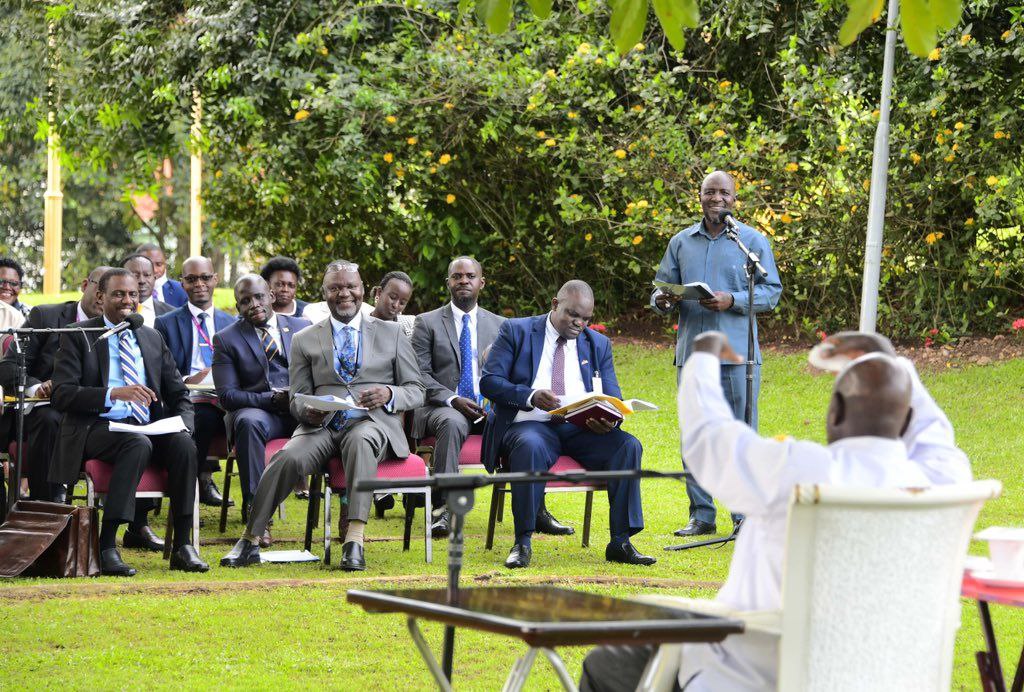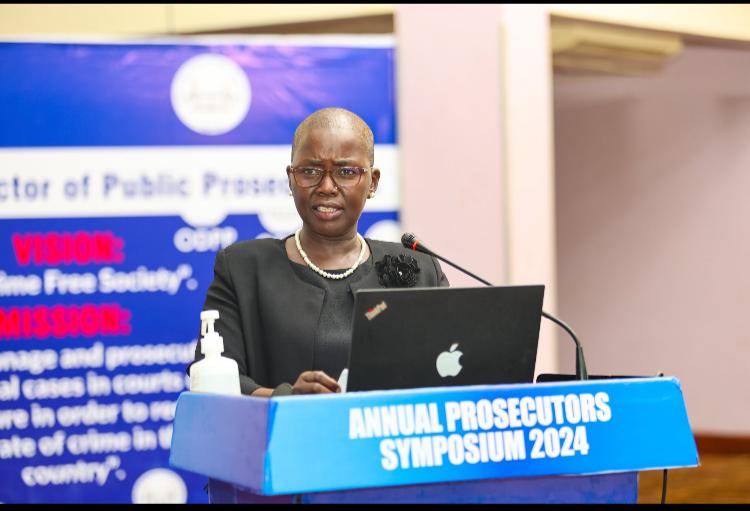
Reported by Kerry Howard Mwesigwa
Uganda’s President, Yoweri Museveni, has refused to sign into law the controversial Anti-Homosexuality Bill (AHB) 2023, which seeks to impose the death penalty for LGBTQ+ offenses, until it is “strengthened”. The bill, which was passed by Uganda’s parliament last month, has been heavily criticized by human rights activists and organizations around the world, who argue that it represents a gross violation of fundamental human rights. The legislation threatens punishment ranging from lengthy prison sentences to the death penalty for a range of LGBTQ+ offenses, including simply identifying as LGBTQ+. Those convicted of “aggravated homosexuality” would be subject to the death penalty.
The bill also imposes severe punishments on anyone who leases out a property to an LGBTQ+ person or any entities that “promote” queer rights. It has been widely condemned by human rights organizations and governments around the world, with the United Nations describing it as a “clear violation” of international law. The African Union has also expressed concern about the bill, noting that it violates the African Charter on Human and Peoples’ Rights.
President Museveni, who is the chair of the ruling National Resistance Movement (NRM) party, has said that he intends to sign the bill into law, but wants it to be “strengthened” first. Among the changes he reportedly wants to see is a provision for “rehabilitation” for those who voluntarily renounce being LGBTQ+. This has been met with scepticism by LGBTQ+ rights activists, who argue that “conversion therapy” is a form of torture and has no scientific basis.
The bill has been sent back to parliament for “strengthening”, but it is unclear what changes will be made or when the bill will be brought back for another vote. The Attorney General’s office in Uganda released a legal opinion on the bill earlier this year, noting that it raises serious questions about the compatibility of its provisions with Uganda’s constitution and international human rights obligations. Specifically, the opinion notes that the bill could be seen as infringing on the right to privacy, the right to freedom of expression, and the right to freedom from discrimination.
The debate over the Anti-Homosexuality Bill 2023 is likely to continue, as human rights activists and organizations around the world continue to call for its rejection. The bill has been widely condemned as a violation of fundamental human rights, and it is unclear whether any changes made to the bill will be enough to assuage these concerns. The future of LGBTQ+ rights in Uganda remains uncertain, as the country grapples with a range of social, political, and legal challenges related to sexuality and gender identity.














